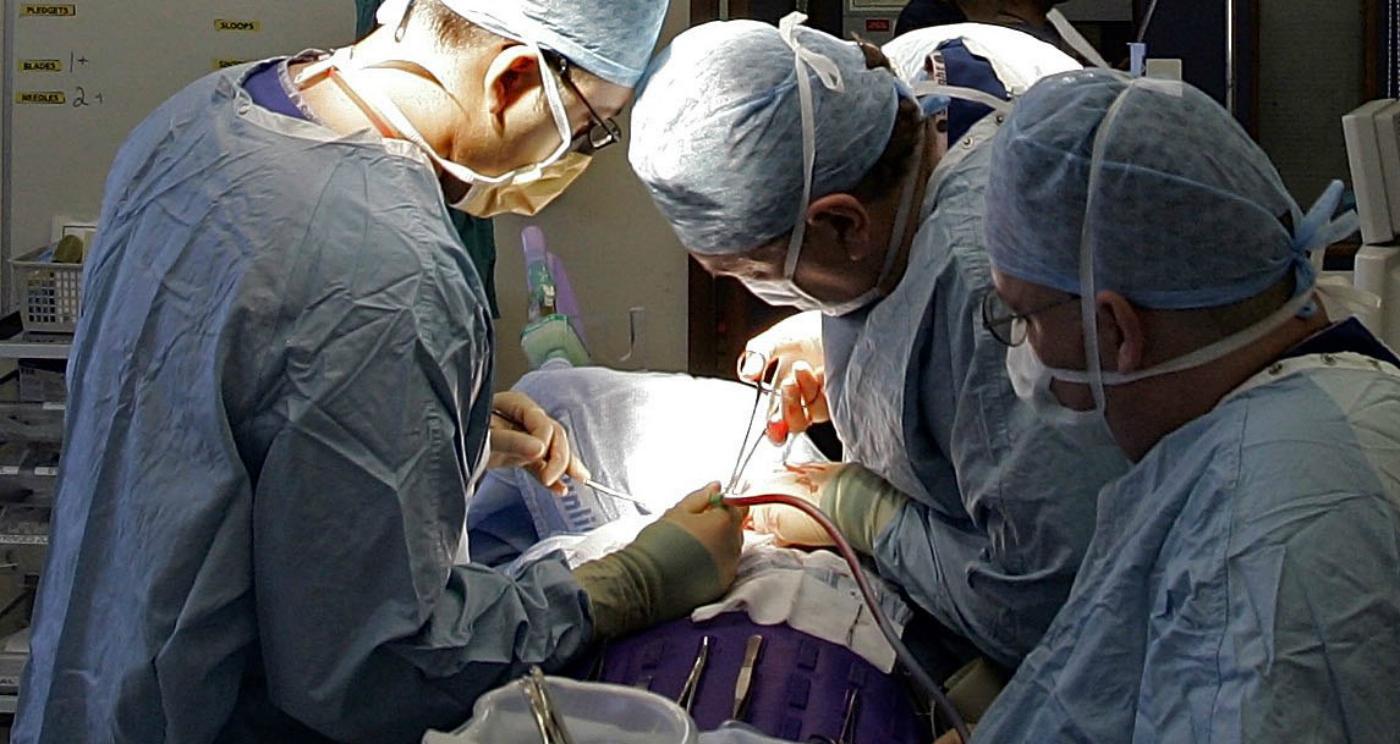‘Pink drink’: new hope for cancer treatment being rolled out across the NHS
Tumour-detecting tool championed by Tessa Jowell could prolong thousands of patients’ lives

A free daily email with the biggest news stories of the day – and the best features from TheWeek.com
You are now subscribed
Your newsletter sign-up was successful
A groundbreaking “pink drink” that enables surgeons to detect and locate brain tumours is offering new hope to cancer patients after being rolled out across the NHS.
The treatment, otherwise known as 5-ALA, contains a fluorescent dye that glows under certain conditions and can be used to highlight cancerous cell clusters in the brain.
According to ITV News, research shows that whole tumours can be successfully removed in 70.5% of cases where the drink is used, compared with around 30% without it.
The Week
Escape your echo chamber. Get the facts behind the news, plus analysis from multiple perspectives.

Sign up for The Week's Free Newsletters
From our morning news briefing to a weekly Good News Newsletter, get the best of The Week delivered directly to your inbox.
From our morning news briefing to a weekly Good News Newsletter, get the best of The Week delivered directly to your inbox.
The rollout of the drug comes a year after the death of Labour peer Baroness Tessa Jowell from glioblastoma, the most common cancerous brain tumour in adults. During her battle against the disease, Jowell fought for the use of 5-ALA in NHS institutions, urging lawmakers to facilitate its introduction.
Announcing the move, Health Secretary Matt Hancock said: “Tessa Jowell fought passionately and courageously for more recognition of rare brain cancers before she tragically passed away last year.
“I am proud to announce we have now rolled out this groundbreaking treatment aid across the country, transforming care for 2,000 patients every year - a fitting testament to Tessa’s memory.”
So exactly how does the game-changing tool work?
A free daily email with the biggest news stories of the day – and the best features from TheWeek.com
What is it?
Pink drink is the nickname for 5-ALA, or 5-aminolevulinic acid, a naturally occurring amino acid involved in the regulation of chlorophyll in plants. Once extracted, the acid can be taken in the form of a drink.
Although the drink does not look pink to the human eye, it glows fluorescent pink when ultraviolet light is shone on it. Once inside the body, it builds up in tumourous cancer cells in the brain, allowing surgeons to see which areas of the brain are affected.
The University of Bristol reports that once consumed, 5-ALA “accumulates in fast-growing cancer cells”, meaning it is especially effective as a cancer-identifying tool in sufferers of “high grade” brain cancers that are spreading quickly.
What difference will it make?
Currently, surgery is the standard treatment for the vast majority of people with high-grade brain cancers. But removing as much of the cancer as possible can pose a major challenge for surgeons, who need to to identify all of the cancer cells while avoiding healthy brain tissue.
According to The Brain Tumour Charity, 5-ALA has been shown to greatly aid neurosurgeons in “achieving a higher percentage of successful tumour removal” by helping them distinguish the most aggressive cancer cells from other brain tissue.
As a result, more patients need less or no chemotherapy and radiotherapy, reducing the suffering associated with such treatments.
“Chemotherapy and radiotherapy are highly toxic and have a significant impact on the person’s health, energy levels and appearance,” the charity says.
Since 5-ALA tends to cluster in high-grade brain cancers, it may also enable surgeons to faster determine the course of action for treatment, without having to wait for pathology results to confirm the tumours’ grade, adds The Independent.
Emma Greenwood, Cancer Research UK’s director of policy and public affairs, said: “Brain tumours remain a huge challenge, with survival barely improving over the last 30 years, and making 5-ALA available across the NHS is one of Dame Tessa Jowell’s many legacies.”